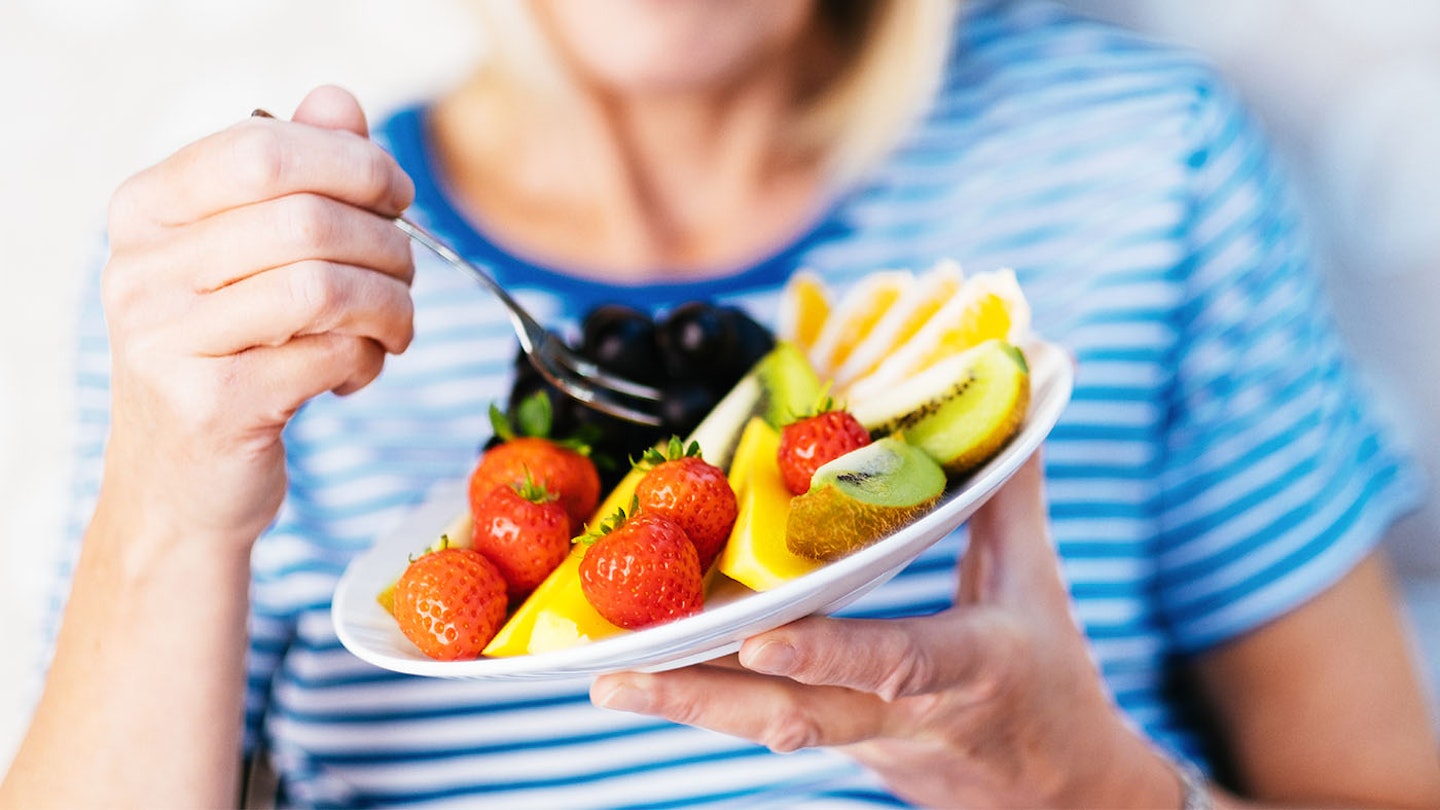If you are wanting to help boost your immunity you can take supplements for your overall wellbeing, or you can look at vitamin C foods that can help.
Vitamin C, also known as ascorbic acid, is an essential water-soluble micronutrient that our bodies do not naturally produce which means that we need to get it from our diet.
While you might be more inclined to take supplements to boost your vitamin C levels, in the same way you would take vitamin D supplements, it's actually a lot easier to just our diet slightly.
We're here to tell you all about the vitamin C food you should be eating to reap all the benefits. The chances are you are already eating most of these foods in your diet too!
Health benefits of vitamin C
You might not realise it but there are a lot of benefits of vitamin C!
"Vitamin C has antioxidant properties, due to its ability to decrease reactivity oxygen species, and is involved in many important biological processes - including hormone synthesis, collagen synthesis, genetic regulation, and increased absorption of iron," explains Dr Claire Shortt, Lead Scientist and Nutritionist at FoodMarble. "It plays a vital role in the growth and repair of tissues, contributing to wound healing, and cartilage, bone, and tooth repair and maintenance."
Vitamin C also helps boost immunity to help fight infection, and can also have pro-oxidant activity at higher concentrations, which has been shown to be effective as an anticancer agent.
Vitamin C and mental health
It may be surprising, but studies have found that vitamin C can help improve your mood. People who have vitamin C deficiency often feel low and fatigued, so when their vitamin C intake has been upped, they found their mood improved too.
While more research is needed to support this, it's certainly another positive to keeping an eye on how much vitamin C you're getting.
What is the best vitamin C food?
The recommended intake of vitamin C is 75mg for women and 90mg for men.
"Luckily, getting enough vitamin C from our diet is very doable once we know where to find it," Dr Claire reassures. "It's found in many foods but fruits and vegetables are particularly rich sources."
Sources of vitamin C food
Blackcurrants: 180mg per 100g
Not only are they tasty to eat on their own or in cereal, but you can make your own blackcurrant jam. They're also high in antioxidants that help strengthen your immune system and can help soothe sore throats.
Broccoli: 65mg per 100g
Raw broccoli is full of fibre and antioxidants, vitamins and minerals, broccoli has a lot of health benefits and can even help reduce inflammation and maintain blood sugar levels. However, cooking broccoli will reduce its vitamin C level's.
Brussel sprouts: 85mg per 100g
Cooked Brussel sprouts can contain 49mg of vitamin C, but it still has plenty of health benefits. It's also full of vitamin K as well as vitamin C, and can help with collagen and help improve bone strength.
Grapefruit: 31 per 100g
Its one of the healthiest citrus fruits, full of nutrients, antioxidants and fibre. It can even help reduce the risk of heart disease, and support in weight loss.
Kale: 93mg per 100g
Raw kale provides a lot of your daily vitamin C, and it also provides large amounts of vitamin K. However, steamed kale contains 23mg, so it's better to eat raw.
Lemons: 53mg per 100g
Either raw or as a juice, it acts as an antioxidant and can even help to lower blood pressure.
Oranges: 53mg per 100g
One orange contains almost all of your vitamin C needs for a day. Oranges are also a good source of fibre as well as counting towards one of your five a day.
Strawberries: 59mg per 100g
Low in calories, just seven strawberries can make up one of your five a day and you can reap all the health benefits. They're great for improving digestion and supporting your heart health.
Tomatoes: 20mg per 100g
A great source of not only vitamin C, but also potassium, vitamin K and vitamin B.
Yellow peppers: 183mg per 100g
Containing twice the amount of vitamin C than green peppers, this sweet pepper contains a lot of your daily intake of vitamin C.
And don't forget about vitamins A, B and D either!
What are the symptoms of vitamin C deficiency?
Vitamin C deficiency is rare but can occur when we don't consume enough of it in our diet. "Certain groups are also more at risk of a deficiency including smokers, those with IBD who have nutrient absorption issues, people who eat a restrictive or low-quality diet or those who suffer from alcoholism," says Dr Claire.
"As vitamin C is needed for many important processes across the body it can lead to a variety of symptoms including fatigue, easy bruising, and muscle and joint pain. Persistent lack of vitamin C (at least 3 months) can lead to a condition called scurvy which can cause poor wound healing, swelling and bleeding of your gums, skin conditions, anaemia, poor immunity and bone health."
Features & Reviews Editor Emily Gilbert has been a journalist since 2016 and has worked across a variety of specialist and lifestyle brands both in print and online. Specialising in product reviews, Emily is the first to know about all the exciting new releases, her favourite being gadgets for the home.

